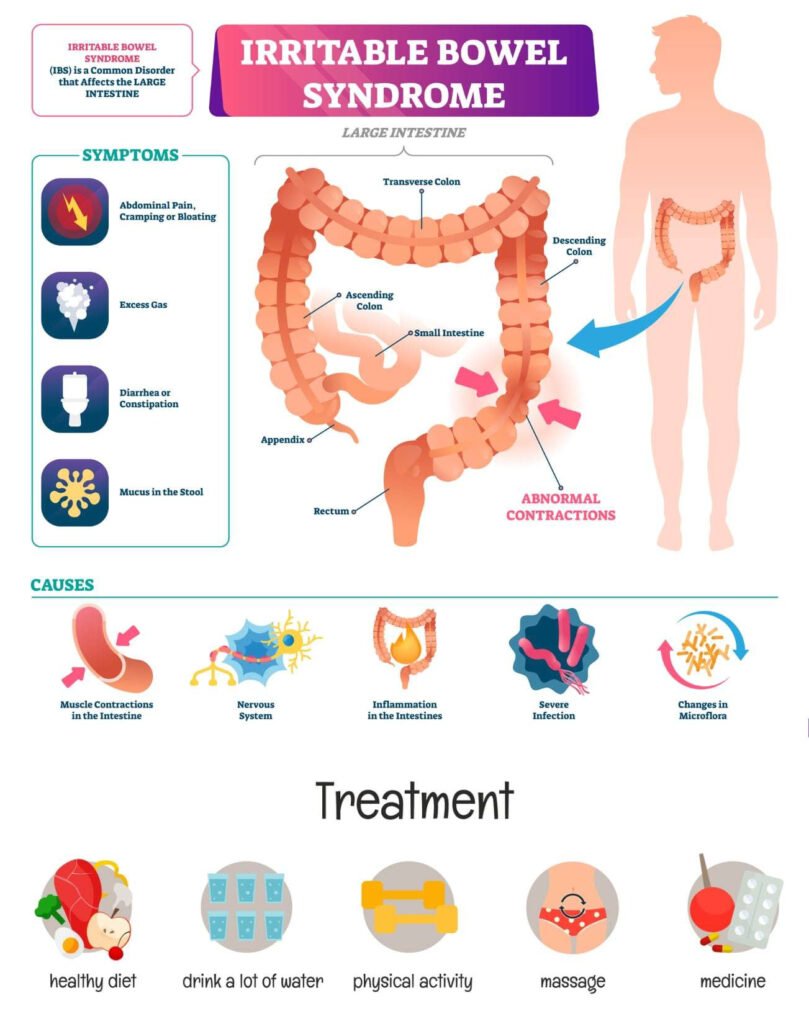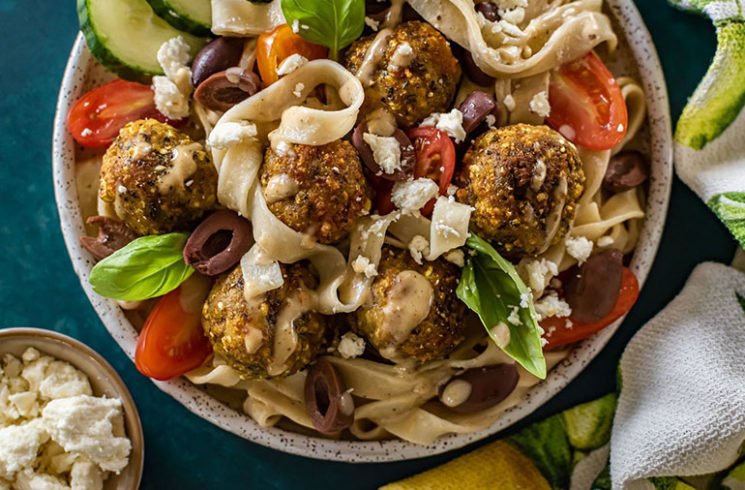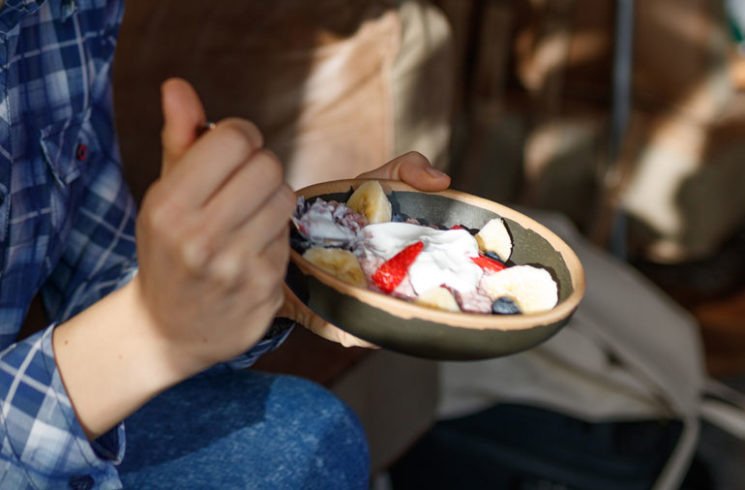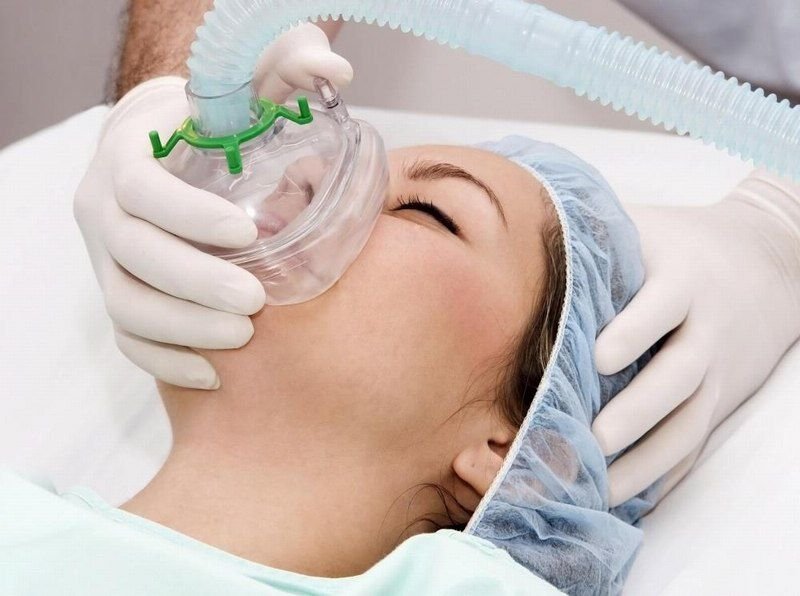An Overview to Manage the Symptoms
INFLAMMATORY BOWEL SYNDROME(IBS)
IBS Simply indicates a sensitive and irritable bowel

TREATING THE SYMPTOMS
There is no cure for IBS, but it can be effectively controlled by a healthy lifestyle.
There is no single drug that effectively treats all the symptoms of IBS.
Some drugs may treat some symptoms but make others worse.
Most drugs to treat the symptoms of IBS can be bought over the counter at your local chemist.
General tips to relieve irritable bowel syndrome (IBS) symptoms
Do’s
Cook meals at home using fresh ingredients whenever you can.
All fruits and vegetables should be peeled and eaten without the skin to reduce the fibre.
Try probiotics for a month to see if they help.
Keep a diary of what you eat and any symptoms you get – try to avoid things that trigger your IBS.
Try to find ways to relax.
Get plenty of exercise.
Peppermint oil may be useful.

Don’ts
Do not delay or skip meals.
Do not eat too quickly.
Do not eat lots of fatty, spicy or processed foods.
Do not eat more than 3 portions of fresh fruit a day (a portion is 80g).
Do not drink more than 3 cups of tea or coffee a day.
Do not drink lots of alcohol (Can irritate the gut).
How to ease bloating, cramps, farting and diarrhoea
Avoid raw vegetables.
Avoid cruciferous vegetables such as broccoli, cauliflower, cabbage, coleslaw and sauerkraut.
Limit artichoke, brussels sprouts, onions, shallots, leeks and asparagus
Avoid foods that are hard to digest (like brussels sprouts, beans, onions and dried fruit).
Avoid red sauces, such as tomato and marinara sauces as they often contain garlic, onions, and sugar, making it a high-FODMAP food that is difficult to digest.Cut down on high-fibre foods like wholegrain foods (such as brown bread, brown rice ), bran, nuts and seeds.(White bread and white rice may be beneficial).
You may have to avoid foods containing wheat (if you are gluten-sensitive).
Reduce your intake of pulses (peas, lentils, and beans).
Reduce your intake of apples and fruits that contain stones , as they are high in Fructose (citrus fruits and berries are fine).
Reduce your intake of milk to no more than half a pint a day, use lactose-free milk or supplement with calcium enriched plant milks.
Reduce high fat dairy foods.
Reduce your intake of fatty meat.
Avoid hot spicy food and caffeinated drinks ( they can cause spasm)
Fizzy carbonated drinks can cause bloating .
Sugar-free mints, chewing gum, flavoured water and other low calorie products may contain sorbitol, mannitol or xylitol, which can cause diarrhoea if too much is consumed.
What can I eat?

It is still possible to eat a rich and varied diet while restricting foods that may upset your gut.
You can enjoy rice, oats, polenta, millet, quinoa and tapioca.
Vegetables that are good to eat include eggplant, zucchini, bell peppers, bokchoy, cucumber, green beans, celery, carrots, spinach, sweet potato, yam, zucchini and squash.
Any fruit low in fructose like citrus fruits like oranges, bananas, grapes, kiwi, cantaloupes, strawberries, pineapple, and cherries are okay to consume.
It is perfectly fine to eat (in moderation, of course) good old-fashioned sugars, other artificial sweeteners that do not end in “ol,” (like NutriSweet® and Splenda®) and honey substitutes (maple syrup, molasses and golden syrup).




